Natural Arthritis Relief with Seaweed
Seaweed and its anti-oxidant compounds reduce inflammatory pro-inflammatory cytokines (signal carrying proteins), part of the cause of arthritis and seaweed reduces this inflammation. Research is focused on the mechanism and the compounds associated with startling results and also clinical trial on the improved health outcomes observed in animal trials and limited human trials.
What Is Arthritis?
Arthritis is characterized by swelling and tenderness of a joint or joints in the body and is often accompanied by pain and stiffness of the affected areas [1]. The most common forms of arthritis are osteoarthritis, in which the collagen cushioning joints breaks down, and rheumatoid arthritis (RA), where the immune system attacks the joints and the joint lining. Other forms of arthritis can result from disease and infections, as well as the presence of uric acid crystals [1] [5].
Over time, arthritis continues to progress and symptoms can worsen. The resulting stress on joints can lead to a loss of range of motion and interference in the ability to complete everyday tasks. In severe cases even standing or sitting become difficult [1].
Treatment for arthritis varies, but centers around managing symptoms with the goal of decreasing inflammation and providing pain relief [1] [2]. Research into natural remedies for arthritis has led scientists to investigate the lifestyle habits of Eastern cultures, where the prevalence of rheumatoid arthritis is significantly lower [3].
Natural Anti-inflammatory and Analgesic Properties
One characteristic that fascinates science is the Eastern diet, which is very different from that of the West. As more is discovered about the world’s oceans, the correlation between dietary seaweed and improved health has led to research into its potential benefits for those with arthritis.[3].
Red, brown and green seaweeds contain a variety of nutrients, minerals, and other compounds [3]. Some of these compounds have been shown to possess properties that may treat the symptoms, and perhaps the causes of arthritis [5]. In laboratory studies, polysaccharide alginate, naturally found in some types of seaweed, has been shown to have antioxidant, anti-inflammatory and anti-immunogenic properties [4].
Arthritis inflammation is attributed to pro-inflammatory cytokines [5] (signal carrying proteins [8]). Testing demonstrated that the production of free radicals can accelerate inflammation associated with arthritis. Seaweed and seaweed derivatives may reduce the pain of arthritis by treating the source of the inflammation, free radicals [5]. Furthermore, research into seaweed may prove to be a link in the development of natural-based analgesic medication [9]
Anti-Oxidants to Break Down Free Radicals
Antioxidants are substances that protect living cells from the effects of free radicals. Whether found in the outside environment or within the body, free radicals are believed to contribute to cancer, heart disease, and other health issues, including arthritis [2]. Foods containing antioxidants, such as vitamins C and E, and carotenoids, are found in fruits, vegetables, and whole grains [2]. Science is now exploring seaweed as an alternative source of antioxidants with the added benefits of anti-inflammatory and cancer fighting properties [7].
Research suggests that a high concentration of free radicals in the body could be responsible for the inflammation brought about by rheumatoid arthritis. The same study proposes that the worsening of RA over time may also be due to an increase in free radicals within joint tissue [5].
During another study, the antioxidant properties of seaweed scavenged free radicals in vitro (from laboratory cultures). The results of further testing concluded that sulfated alginates protected against free radicals and inflammation [4].
Seaweed for Humanity
There is still a great deal of research yet to be conducted regarding the possible health benefits of seaweed. However, current paths of study have the scientific community excited about the possibilities of finding more effective treatments for arthritis [4] [6] as well as other diseases and disorders.
Seaweed supplements offer a readily accessible and convenient way to include seaweed in a healthy diet. Biosea Health promises to deliver the all-natural health benefits fresh from the ocean to your doorstep in less than 2 weeks.
As with any dietary supplement, you should consult a healthcare professional if you have any questions about adding seaweed to your diet. We make no medical claims. But we all understand seaweed is healthy. What you may not know is that peer reviewed scientific papers have shown in countless studies on humans, animals and in test tubes that seaweed is healthy. Biosea Health provides seaweed as a simple way to consume food. Simply good healthy food.
References:
[1] https://www.mayoclinic.org/diseases-conditions/arthritis/symptoms-causes/syc-20350772
[2] https://pubs.rsc.org/en/content/articlelanding/2017/bm/c7bm00341b?fbclid=IwAR05E7cw40wsKoRs3MNaqXL9zJz6BHvz9BUuncKooz6n6CS5D_1uBt4Xizs#!divAbstract
[3] https://jpacr.ub.ac.id/index.php/jpacr/article/view/147/pdf
[4] https://pubs.rsc.org/en/content/articlelanding/2017/bm/c7bm00341b?fbclid=IwAR05E7cw40wsKoRs3MNaqXL9zJz6BHvz9BUuncKooz6n6CS5D_1uBt4Xizs#!divAbstract
[5] https://www.sciencedirect.com/science/article/pii/S1567576911001664
[6] https://www.sciencedirect.com/science/article/abs/pii/S1734114012707661
[7] https://www.cambridge.org/core/journals/journal-of-nutritional-science/article/reduction-of-hba1c-levels-by-fucoxanthinenriched-akamoku-oil-possibly-involves-the-thrifty-allele-of-uncoupling-protein-1-ucp1-a-randomised-controlled-trial-in-normalweight-and-obese-japanese-adults/2896275442FF7EEC0FBC61F8033AC280
[8] https://www.dictionary.com/browse/cytokine

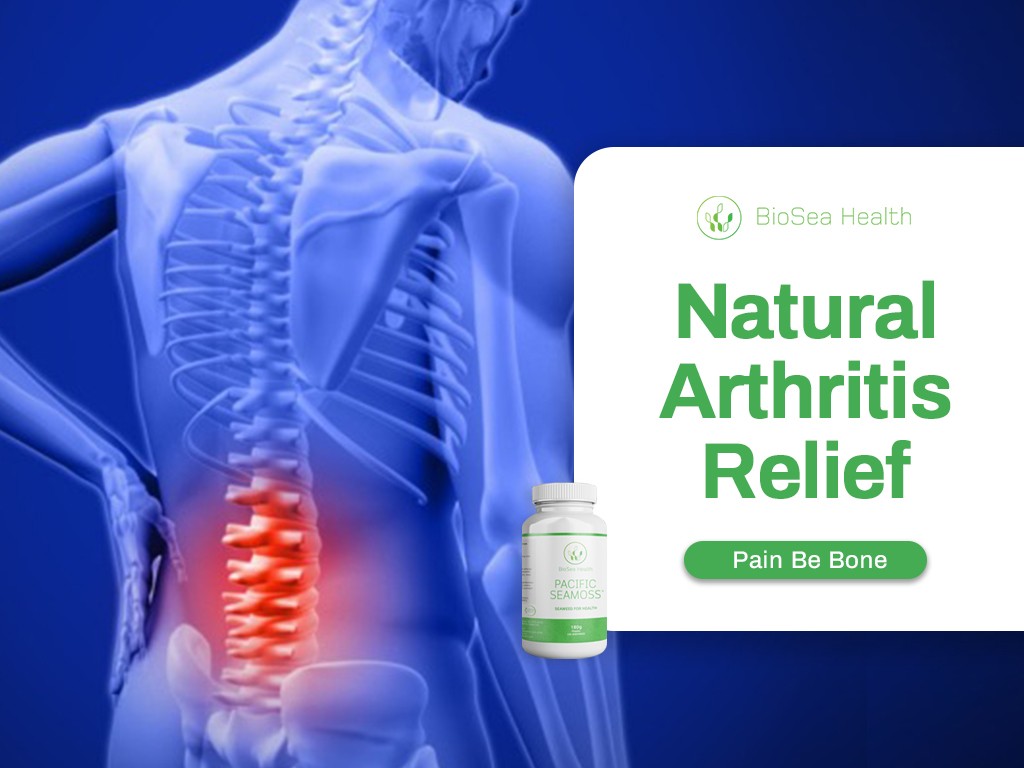
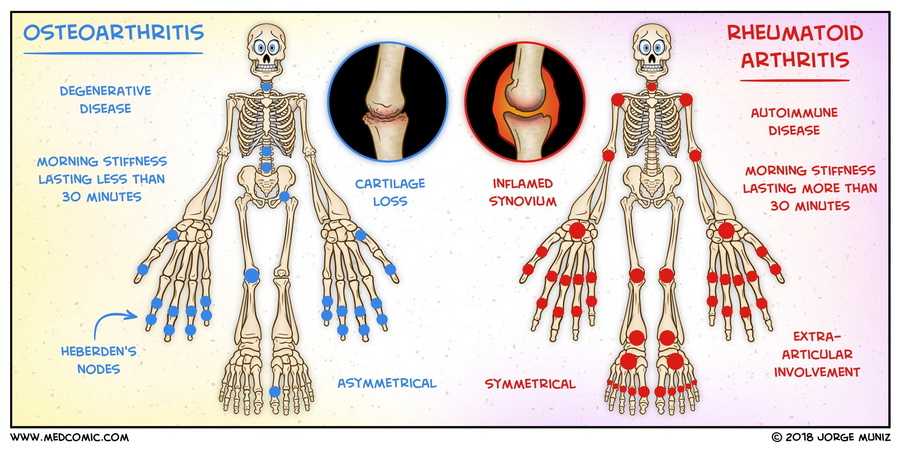
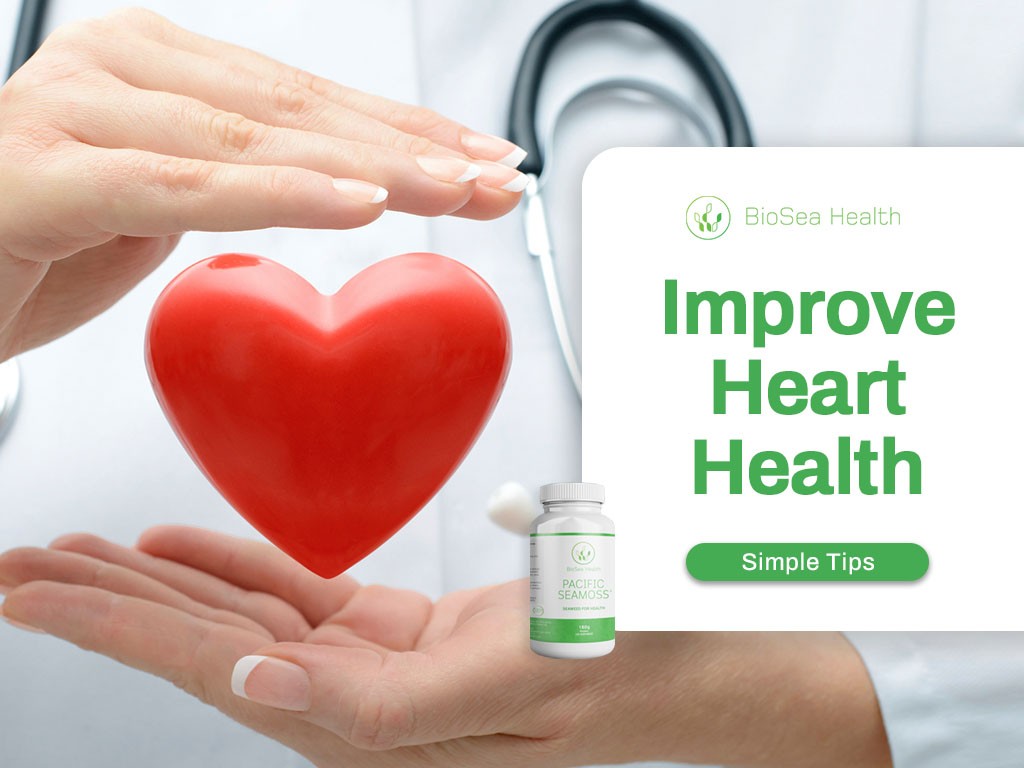
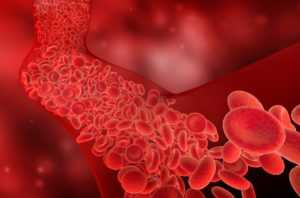
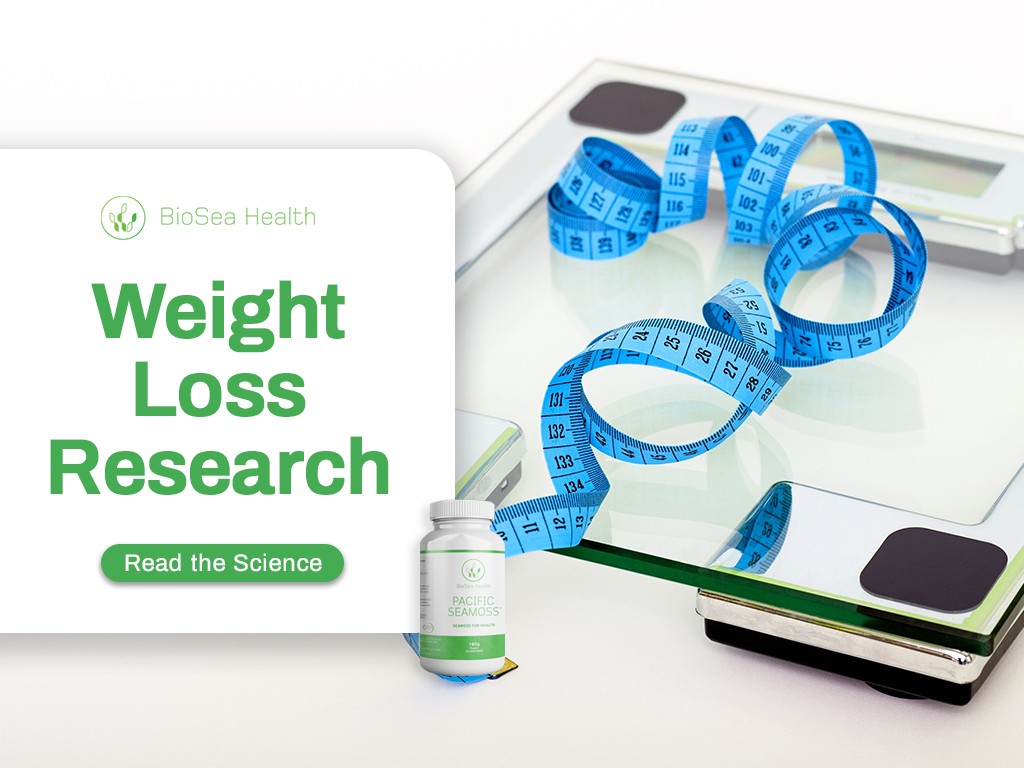




 Much of this work is with brown seaweeds that have high levels of fucoxanthin. There is accumulating evidence that shows fucoxanthin may have reduction anti-cancer effects on several cancer cells such as lung, breast, colon, prostate, and bladder cancer.
Much of this work is with brown seaweeds that have high levels of fucoxanthin. There is accumulating evidence that shows fucoxanthin may have reduction anti-cancer effects on several cancer cells such as lung, breast, colon, prostate, and bladder cancer.